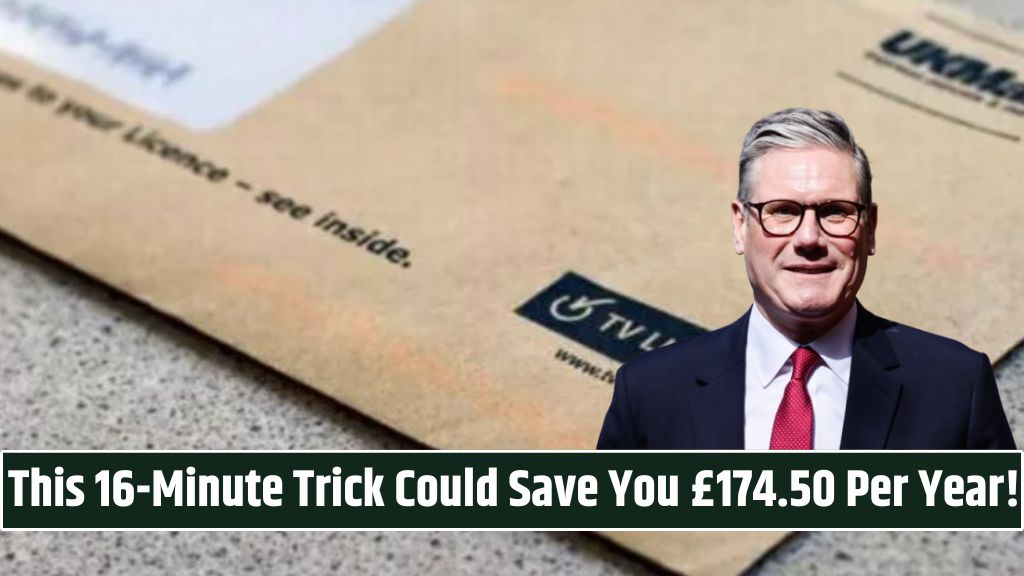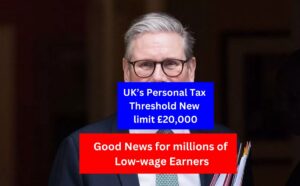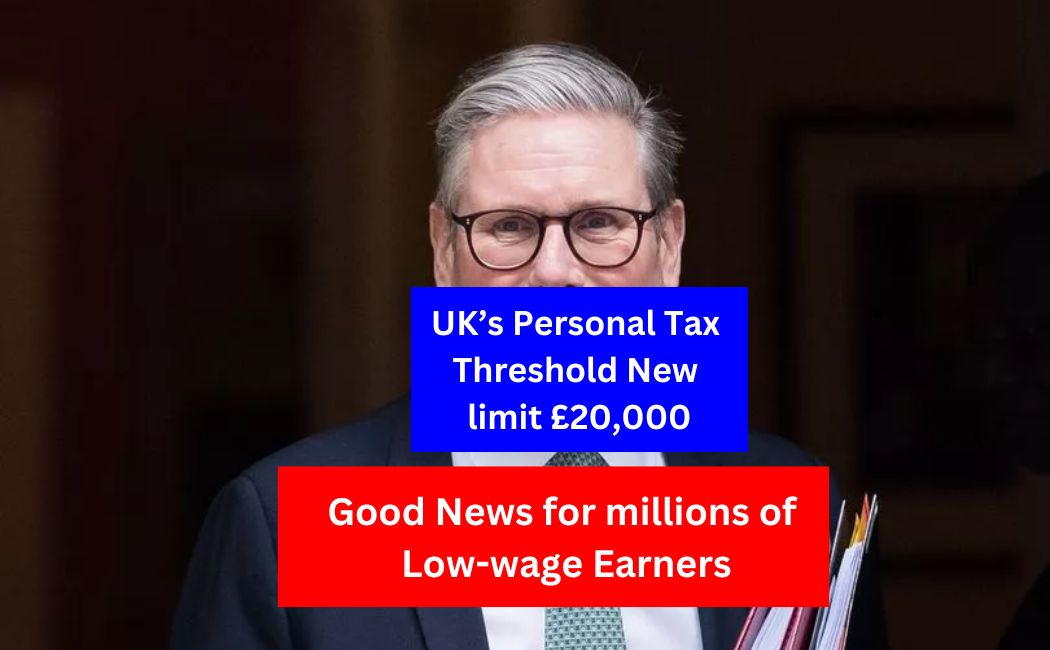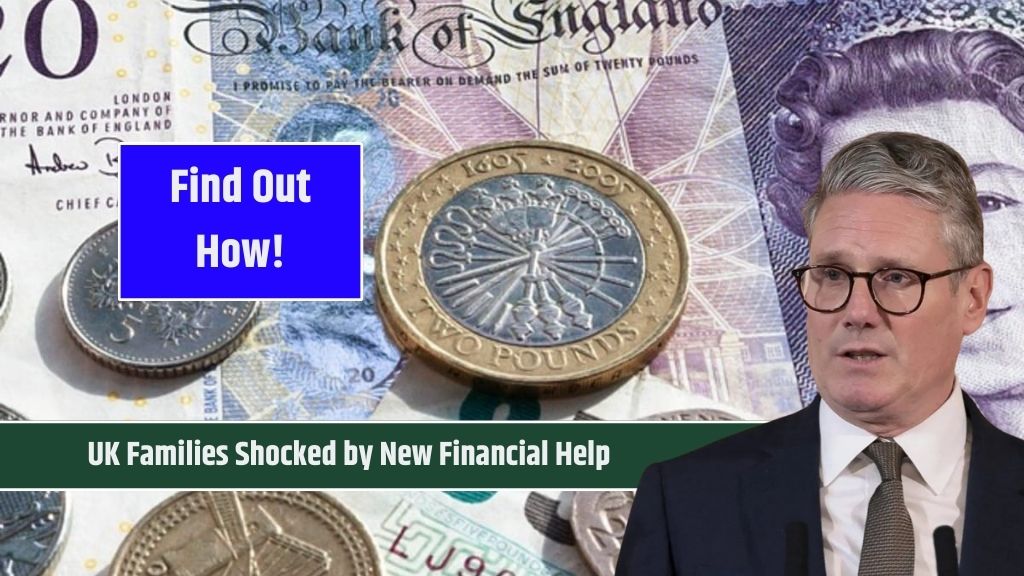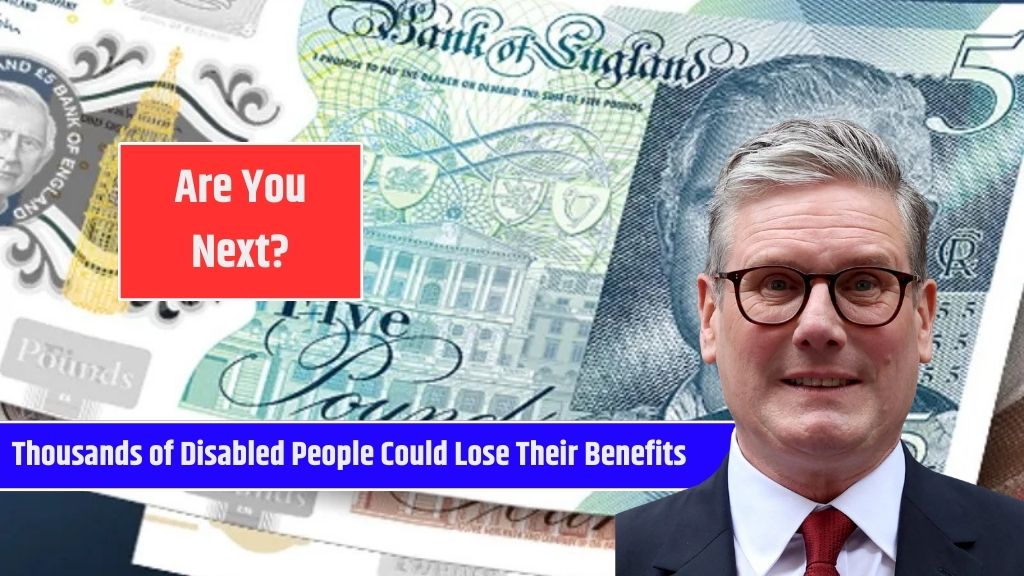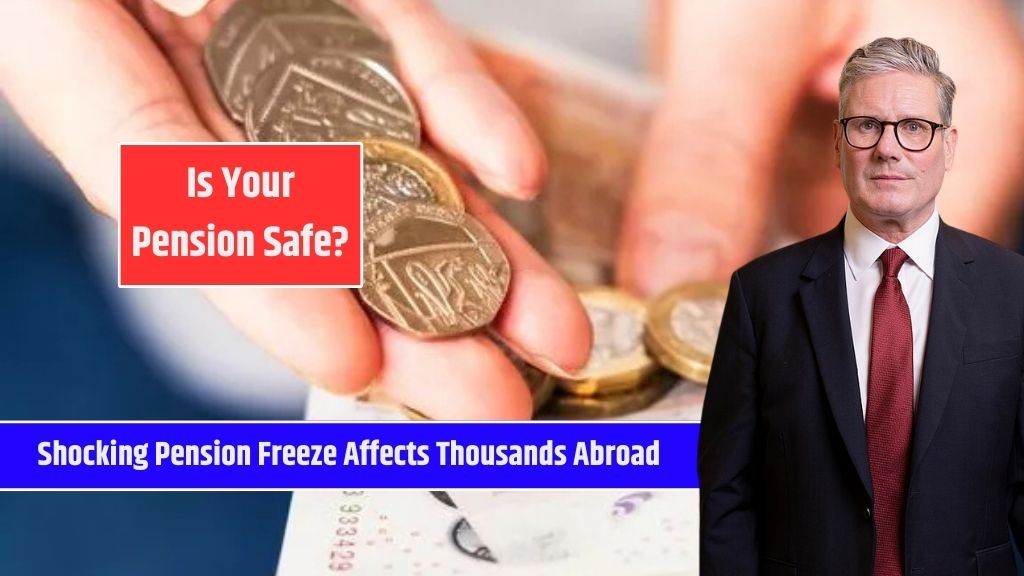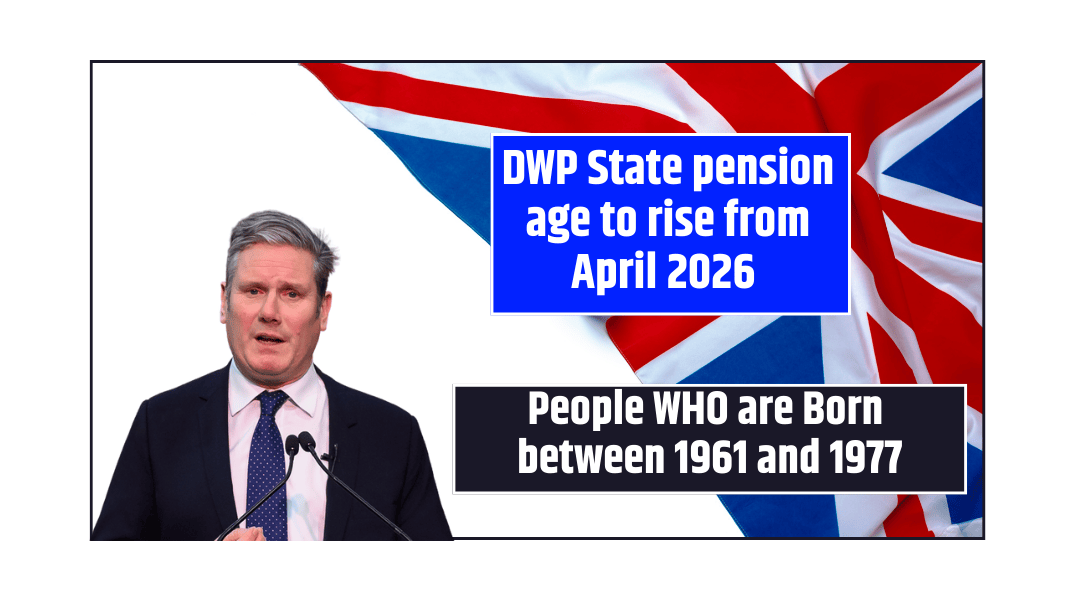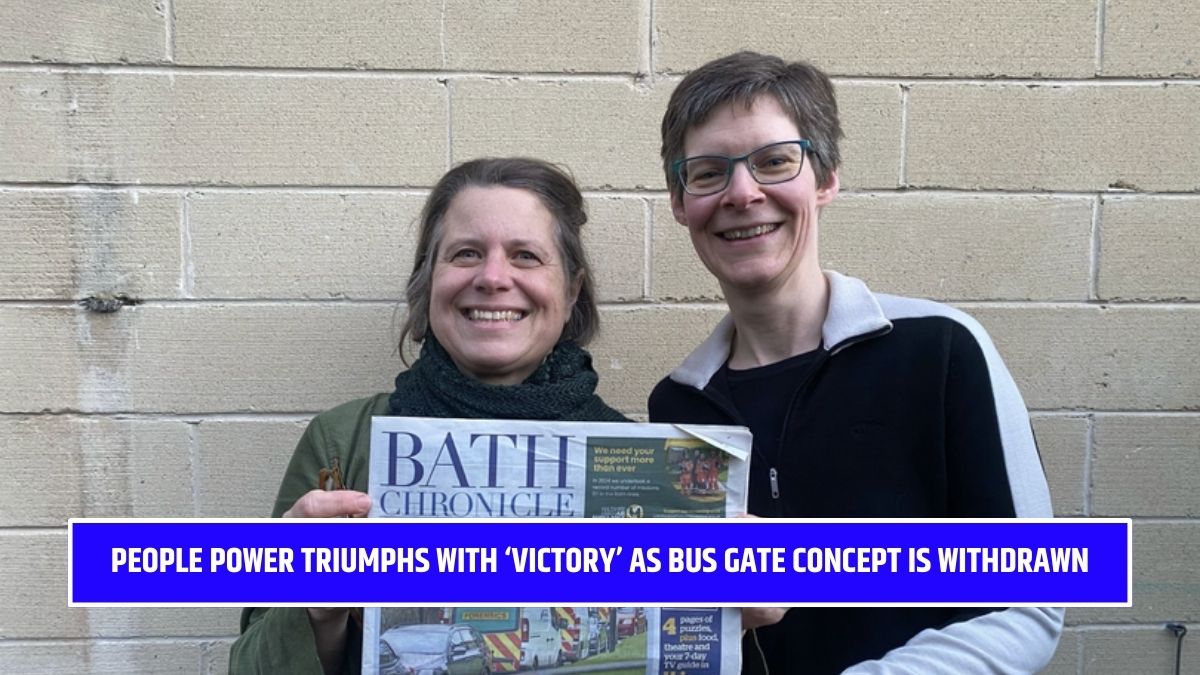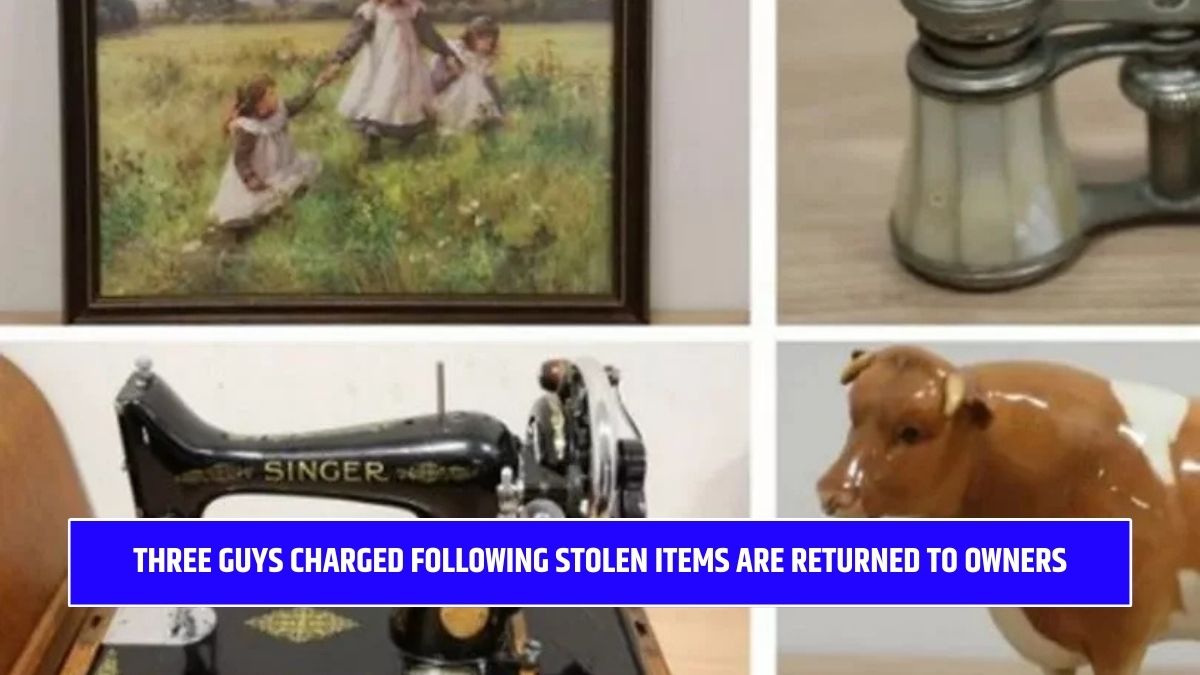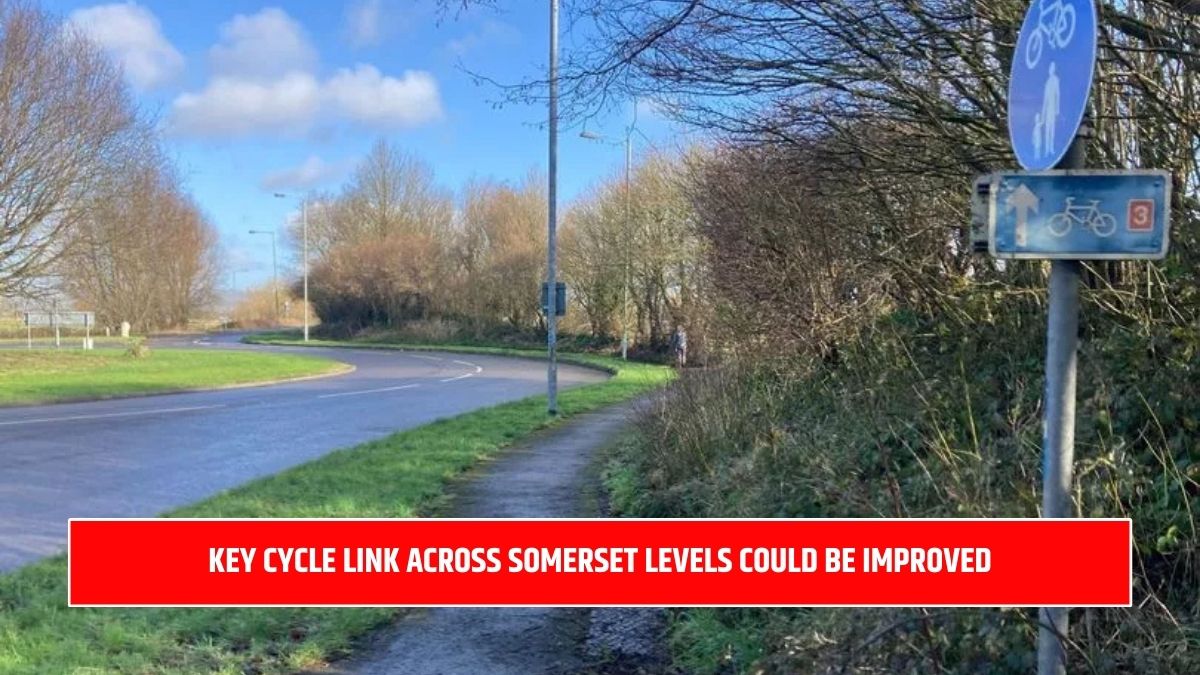Many pensioners across the UK can completely eliminate their TV Licence fee in just 16 minutes. Currently, a TV Licence costs £169.50 per year, but from April, this will rise to £174.50, adding an extra 42p per month to household expenses. However, those aged 75 and over may be eligible for a free TV Licence if they receive a specific government benefit.
In this article, we’ll explain how state pensioners can qualify for a free TV Licence, how to apply, and other ways to reduce or avoid TV Licence costs.
Who Needs a TV Licence?
A TV Licence is legally required for any household that:
- Watches or records live TV on any channel or service.
- Uses BBC iPlayer to stream content.
If you do not engage in these activities, you may not need a TV Licence. However, failing to pay for one while watching live TV or BBC iPlayer could result in a fine of up to £1,000.
How Pensioners Can Get a Free TV Licence
Pensioners aged 75 and over can get a free TV Licence if they claim Pension Credit. This benefit is designed to help low-income retirees by increasing their financial support.
What is Pension Credit?
Pension Credit is a government benefit that boosts the income of retirees with financial difficulties. It can provide up to £4,200 annually and helps eligible pensioners with various living expenses.
Eligibility for Pension Credit
- If you’re single, your weekly income must be below £218.15.
- If you’re in a couple, your joint weekly income must be below £332.95.
In addition to a free TV Licence, Pension Credit also helps with:
- Housing costs (rent and service charges).
- Council tax discounts.
- Energy bills.
How to Apply for Pension Credit
According to the Department for Work and Pensions (DWP), applying for Pension Credit takes just 16 minutes on average. Once approved, pensioners can enjoy a range of financial benefits, including a free TV Licence.
Other Ways to Reduce or Avoid TV Licence Costs
For those who don’t qualify for Pension Credit, there are still ways to save money on TV Licence fees.
Sharing a TV Licence
A TV Licence applies per household, not per individual. This means:
- If you live in a house with multiple occupants and share a communal TV, only one licence is needed.
- If you have a joint tenancy agreement, you can share a single TV Licence.
- If you have separate tenancy agreements and watch TV in your private room, you’ll need your own licence.
Watching TV Without a Licence
You do not need a TV Licence if you only watch:
- Streaming services like Netflix, Disney+, and Amazon Prime Video (excluding BBC iPlayer).
- On-demand services like All 4 or ITVX.
- Online videos on YouTube.
- DVDs or Blu-rays.
If you avoid live TV and BBC iPlayer, you can legally save £174.50 per year by not paying for a TV Licence.
Many pensioners are unaware that they could be saving money by applying for Pension Credit, which not only increases financial support but also provides a free TV Licence. With an application process that takes just 16 minutes, eligible retirees can significantly reduce their expenses.
For those who don’t qualify, alternative methods like sharing a TV Licence or sticking to on-demand content can also help cut costs. By making informed choices, pensioners can manage their finances more effectively while enjoying their favourite entertainment.
| Visit for More News and Updates | WSOA NEWS |
